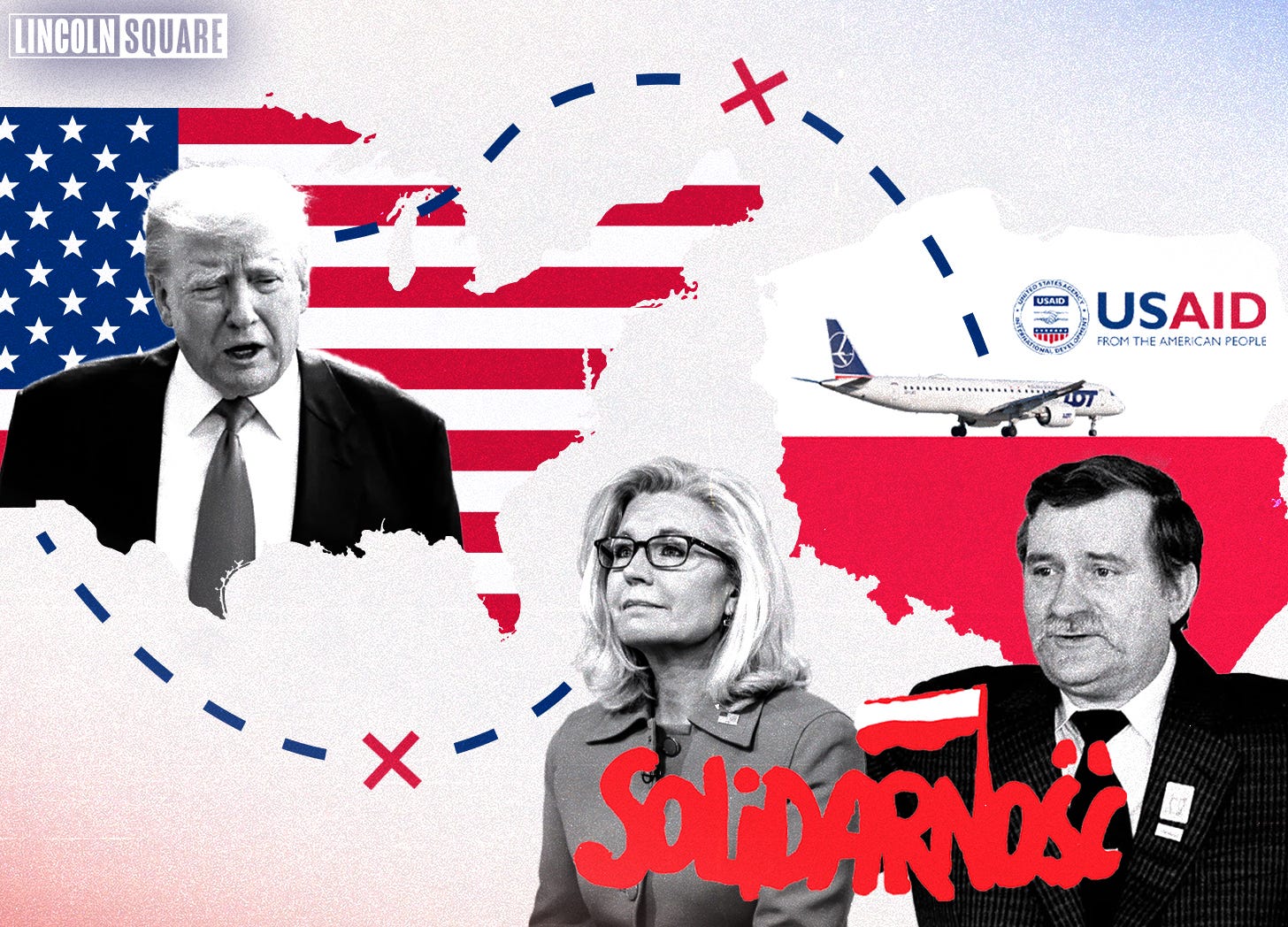Poland, Post-Communism, and America the Beacon
For those who survived authoritarianism in the 20th century, America was the Shining City on a Hill. Under Trump, we're abandoning that legacy.
By Trygve Olson
This is the second in an eight-part series on the lessons I've learned confronting autocrats over the past twenty-five years. From post-Soviet capitals to American battlegrounds, I’ve seen how authoritarianism grows — and how democracy survives.
In 1995, I said yes to something I didn’t fully understand. A friend at the International Repub…





